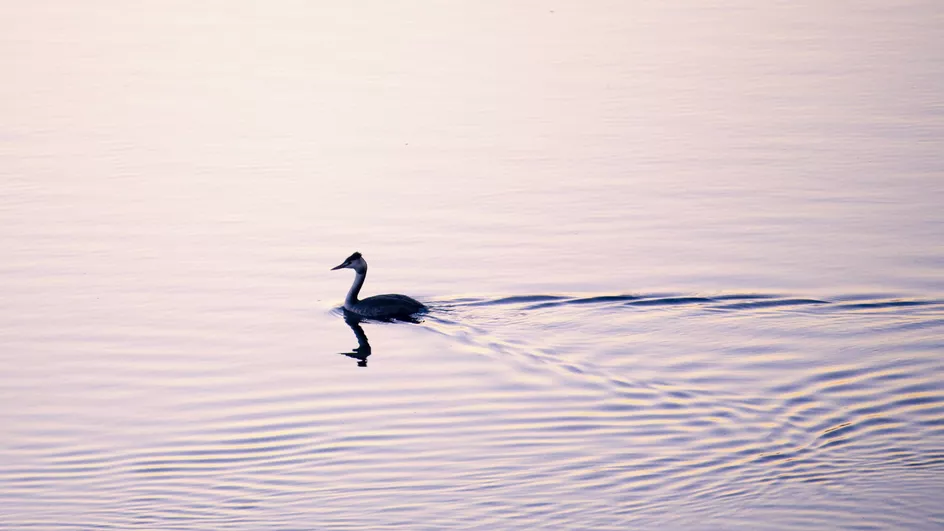According to Maud Lelièvre, Emmanuel Macron’s announcement to classify 5% of the Mediterranean maritime area as “strongly protected” is a “historic step forward”.
With a quarter of species “highly threatened”, “the situation is not very positive”, said Maud Lelièvre, president of the French committee of the International Union for Conservation of Nature (IUCN), on Saturday 4 September on Franceinfo. She was speaking a few hours before the publication of the “red list” of threatened species at the IUCN World Conservation Congress in Marseille. Maud Lelièvre describes Emmanuel Macron’s announcement to classify 5% of the Mediterranean maritime area as “strongly protected” as a “historic step forward”.
franceinfo: This Saturday you are unveiling the “red list” of threatened species that you publish each year. Is the biodiversity situation continuing to deteriorate?
Maud Lelièvre: Unfortunately, the situation is not very positive. In simple terms, the “red list” is the most comprehensive inventory of species conservation. During the last assessment, before the one we are publishing today, we found that out of the 134,000 species studied, at least 37,000 were classified as ‘highly threatened’. Today, 41% of amphibians, 14% of birds and 26% of mammals are threatened with extinction worldwide, and we have the same situation in France. This is important, especially since France is one of the countries with the highest number of threatened species, particularly because of its presence overseas.
What are the main causes that threaten species?
The main threats are those highlighted by the President of the Republic: deforestation, artificialization, pesticides and plastic pollution in the oceans. The causes are known, and we must now act on them.
At the opening of your congress, the French President announced that he wants to increase the number of protected maritime areas in the French Mediterranean by a factor of 25. Will this change anything for biodiversity at sea?
For us, this is a historic step forward. We are also publishing a report on strong protected areas at sea, and this announcement is in line with our demands and needs for an active policy on preservation, particularly in the Mediterranean, which is one of the important topics of this congress. Protected areas are effective and absolutely necessary, and all classifications are a step forward. Moreover, in France, recent classifications have taken place, such as that of the Glorieuses nature reserve or the Mayotte forest nature reserves. Each time, whether on land or at sea, the classifications help to advance the preservation of biodiversity.
You are also publishing a “green list” for the first time this year. What is it about?
The “green list” concerns classified sites. France is a leader in this field, with 22 of the world’s 59 sites classified as “green lists” in our country. France will receive this label during this congress this Monday evening.
https://www.francetvinfo.fr/monde/environnement/biodiversite/un-quart-des-especes-tres-menacees-la-situation-n-est-pas-tres-positive-alerte-la-presidente-francaise-de-l-uicn_4759911.html

Comments are closed